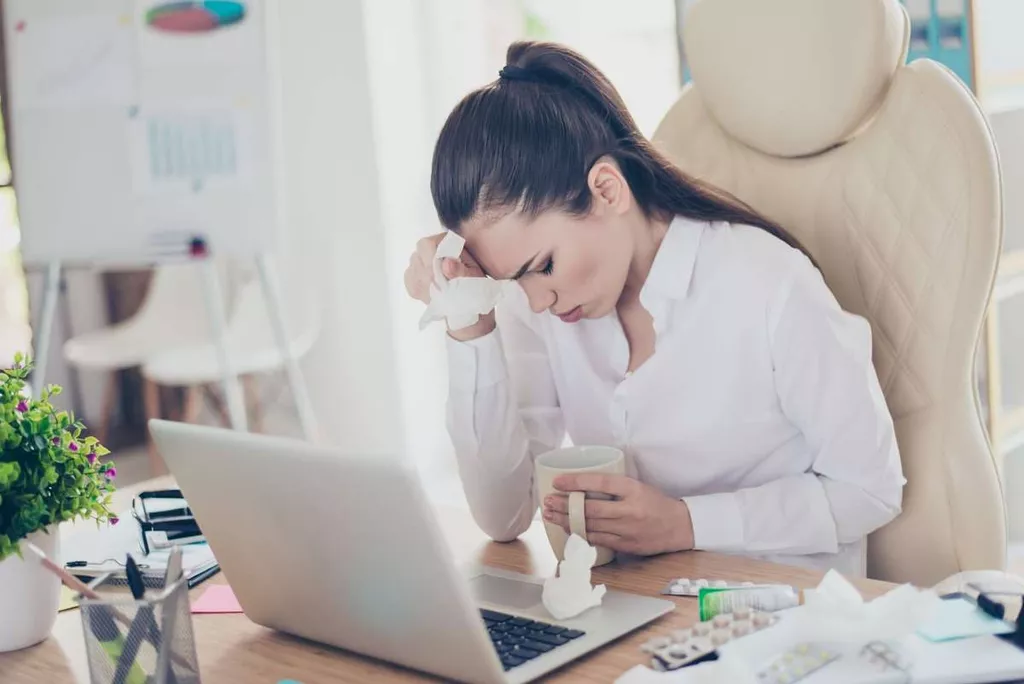Most people who think they have an alcohol allergy actually have an alcohol intolerance (also called acute alcohol sensitivity). Having a mild intolerance to alcohol or something else in alcoholic beverages might not require a trip to a doctor. Simply avoid alcohol, limit how much you drink or avoid certain types of alcoholic beverages.

Why Do I Get Stuffy Nose & Nasal Congestion After Drinking Alcohol?
However, allergies to certain ingredients in alcohol can sometimes resemble alcohol intolerance. In some cases, reactions can be triggered by a true allergy to a grain such as corn, wheat or rye or to another substance in alcoholic beverages. If you’re allergic to alcohol, you may experience hives, itching, swelling, difficulty breathing, and wheezing. If you experience these symptoms after drinking alcohol, you must see a doctor as you may need to be treated for an allergy.
Can you suddenly develop an alcohol allergy?
- It responds to alcohol by producing antibodies known as immunoglobulin E (IgE).
- Alcohol-induced sneezing can occur even without having an alcohol allergy.
- People can also have an oral allergy syndrome — a reaction to fresh fruit and vegetables that may be used as a garnish or a mixer in a cocktail, according to Bassett.
- So, Pepcid may prevent alcohol flush reaction, but it’s a risky strategy.
- People with alcohol intolerance may also experience nasal congestion after drinking alcohol.
Avoidance of ethanol is the safest, surest, and cheapest treatment. Ethanol, at moderate to high concentrations, is used as a solvent to dissolve many types of medicines and other ingredients. These “ethanol reactors” may have other gene-based abnormalities that cause the accumulation of acetaldehyde following the ingestion of ethanol or ethanol-containing beverages. If you have a true alcohol allergy, the only way to avoid symptoms is to avoid alcohol entirely. Even a small amount of alcohol can trigger a severe reaction. Read the ingredient lists of foods and drinks, ask restaurant staff for information about menu items, and avoid products that contain alcohol.
What Is Nonallergic Rhinitis?
To make yourself sneeze, you can stimulate your trigeminal nerve (fifth cranial nerve). It’s responsible for scalp and facial sensations and motor functions like chewing and swallowing. Sneezing is a forceful burst of air that comes from your lungs and exits your body through your nose and mouth. You can’t control when a sneeze happens, and you should never try to hold one in. More and more people are sober curious, toying with the notion of drinking less. If you answer yes to even one or two of these questions, Lin recommends speaking to your primary care physician or seeing an addiction specialist.
- If you have alcohol intolerance, your digestive system doesn’t process alcohol properly.
- It’s the result of hereditary genes that cause a deficiency in the enzyme ALDH2.
- If you have an intolerance or sensitivity to any of these ingredients, you’ll likely react to drinking beer.
- When you feel the urge to sneeze, it’s best to let it out.
- This will help reduce the number of histamines in your drink and make it less likely to trigger a sneeze.
Are certain types of alcohol more likely to induce sneezing?
Coronavirus disease (COVID-19) advice for the public: Mythbusters – World Health Organization (WHO)
Coronavirus disease (COVID- advice for the public: Mythbusters.
Posted: Wed, 29 Jan 2020 14:38:18 GMT [source]
A true allergic reaction happens when your immune system goes into overdrive to attack something it sees as a threat. Allergic reactions why do i sneeze after i drink alcohol can cause hives, facial swelling, nausea, and vomiting. They can also lead to life-threatening reactions like anaphylaxis.
Does age or gender play a role in alcohol-induced sneezing?
You’re more likely to have allergies if you have a family history of allergies. A personal or family history of asthma also increases your chances of developing an allergy. Individuals with pre-existing respiratory conditions, such as allergies or asthma, may be more susceptible to alcohol-induced sneezing. In most cases, alcohol-induced sneezing is harmless and merely an annoyance. However, if you experience severe or persistent symptoms, it is advisable to seek medical advice.
- The most common signs and symptoms are stuffy nose and skin flushing.
- These compounds are often added to beer and wine to limit the growth of yeast and act as a preservative.
- However, it’s important to know whether you have alcohol intolerance because it can put you at greater risk for alcohol-related health conditions.
- It could also be that alcohol has a natural side effect to make people congested.
- Be aware, however, that labels might not list all ingredients.
Drinking alcohol can also cause a gustatory rhinitis flare-up. Rhinitis is the medical term for inflammation of the mucus membrane in your nose. This inflammation leads to sneezing, stuffiness, and a runny nose. Rhinitis is often broken down into allergic and nonallergic rhinitis. The different types depend on whether or not it’s caused by allergies. If you’re concerned that your tremors might be the result of withdrawal, it’s best to reach out to a healthcare professional.
